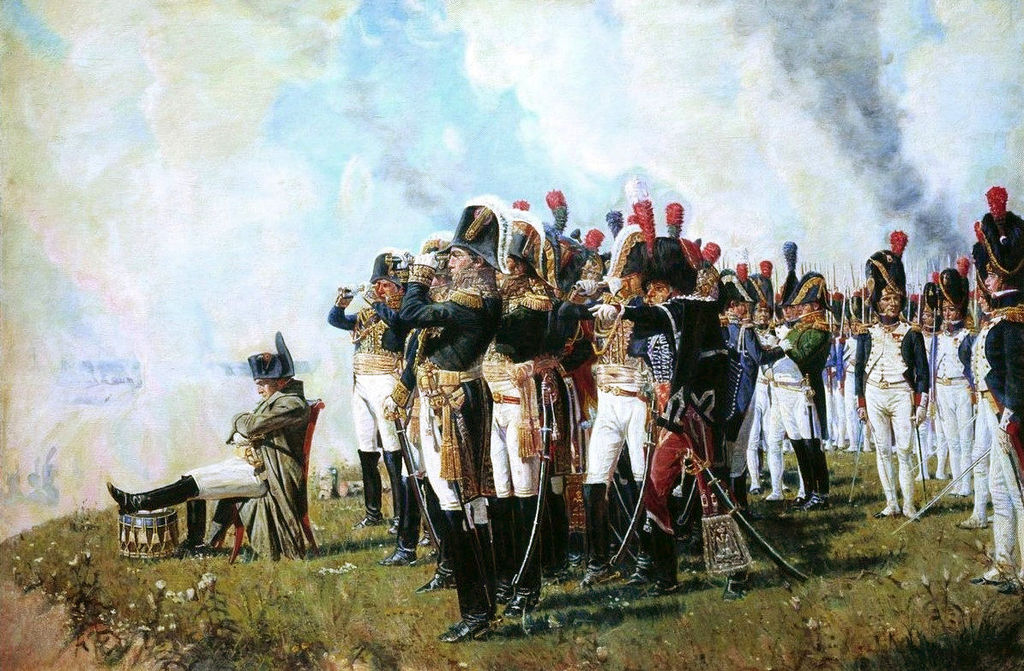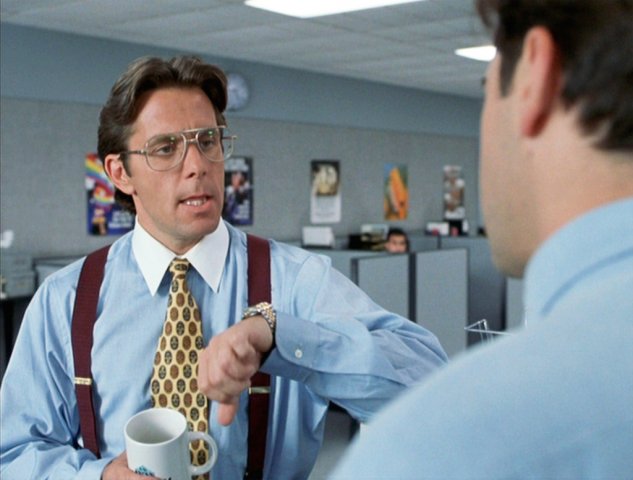Let me start off with a story about a bad manager. This story is what really got me thinking about how to be a great manager. I’ve had quite a few managers in my career. Due to the nature of the advertising and marketing world it is very common to switch jobs and thus managers every few years. Most of the time during the interview process you can gauge what kind of manager your boss will be. But, what you never expect from a manager is indifference.
Coming back to my experience with a bad manager, during the first few months in this job my manager provided feedback to my questions and met with me on a fairly regular basis. However, increasingly our interactions would start to revolve around fires within the organization, emergencies surrounding the organization, or to point out what I was doing wrong. The few times during my tenure that we met in person, he focused on his agenda while multitasking at the same time. I had no opportunity to share my thoughts and ideas, get feedback necessary to move forward on projects, and he never once asked me a question.
His overt lack of interest and investment in me destroyed my engagement in the company. While my performance was high (I did ace my 90 day review after all), I needed input, feedback, recognition, and counsel. I longed to be connected and part of a team.
All this got me thinking: What kind of manager had I been in the past? What kind of manager did I want to be? What type of manager did I want my future managers to be? The one thing I knew is that I wanted to have and be a great manager. Someone who treats people with respect, coaches and mentors employees, and sees them as real human beings with meaningful lives and valuable experiences that extended beyond the business, but could contribute to the business.
The problem facing managers
The mantra today seems to be “They’re managers. They should already know how to do that!” when it comes to engaging and coaching teams.
Most of the time, managers are and were great individual contributors who were “rewarded” by being promoted to lead a group of people. Up to that point, they brought the best of themselves to work every day as an individual, and then all of a sudden they were tasked with bringing out the best in others. The problem is that these are very different things that require vastly different skill sets.
It seems like the biggest challenge facing managers is always the same: the lack of time. But, I have found that it’s not really about time. That’s just an excuse. It is really about competence and comfort.
How to be a great manager
It is impossible to achieve organizational goals without great managers.
What ultimately sets a great manager apart from ordinary managers is that they have the ability to coach their people. And that is a learnable skill. Anyone can learn to become a great manager.
It’s all about passion and believing:
- Believe in the power and potential of individual employees.
- Know that a manager’s primary role is to coach and develop people.
- Coaching is happens formally and informally.
- Knowing the right questions is more important than having all the answers.
- The manager-employee relationship is a key measure of an employees’ job satisfaction.
- Most importantly, the success of a manager is measured by the success of your employees.
Managers think they need to have all the answers, solve all the problems, and tell their employees how to do everything. Then when they check to see if employees clearly followed instructions, they tell people how to improve or adjust.
Great managers
In contrast to what was mentioned above, great managers don’t tell you what to do. They engage in genuine conversations to find an employees passions, knowledge, and experience. Great managers ask the right questions.
Great managers live and breathe the company’s culture and are part of the team and above the team at the same time. It’s important to be direct, transparent, and honest at all times to ensure employees will never lose trust. Living the company’s culture is more important than just putting a strategy forward (which is important in its own right). I recently heard an apology that makes this 100% clear:

Prior to the French invasion of Russia, Napoleon met with his generals and laid out his strategy. While this was very important, it was the culture surrounding Napoleon that got a million men to march through the snow towards Moscow.
That’s the difference between company strategy and company culture.
My bottom-line takeaway
The key is to be an engaged, direct, transparent un-bossy boss who asks the right questions to understand the employees’ perspective first.




